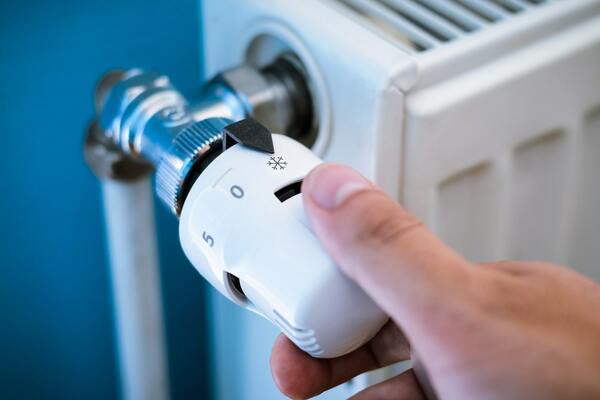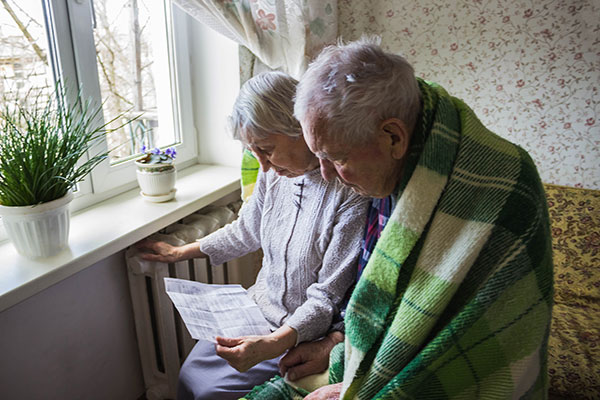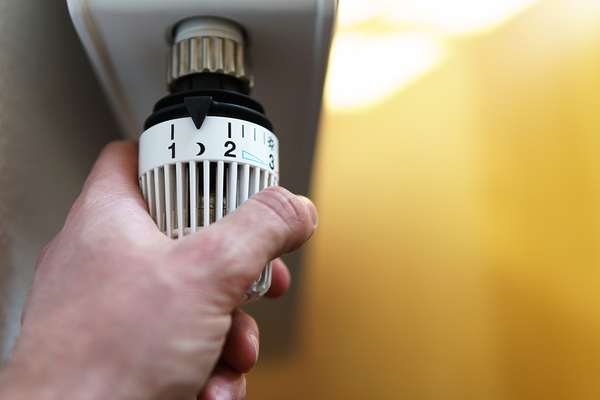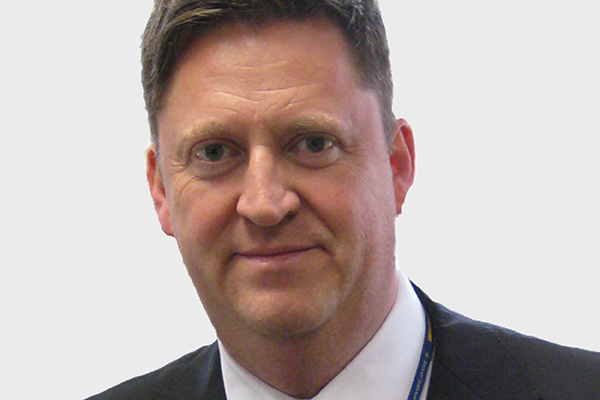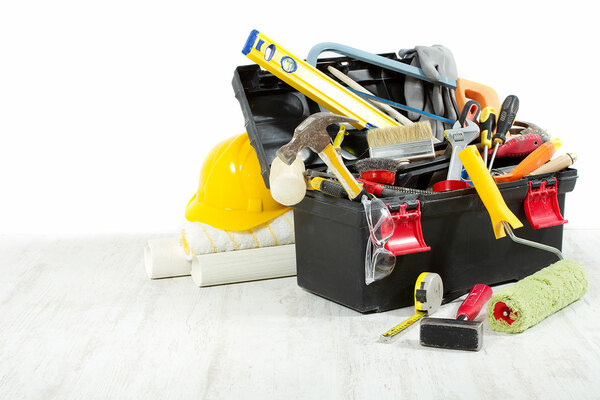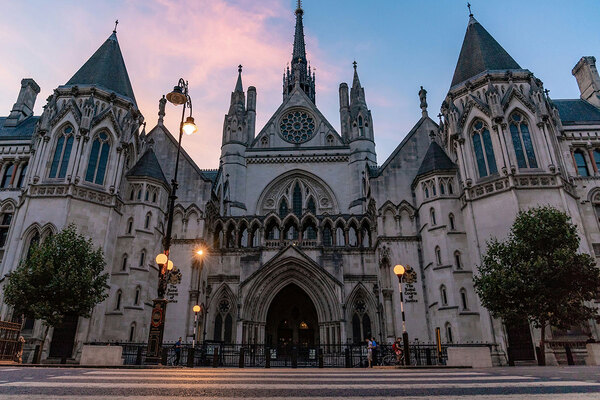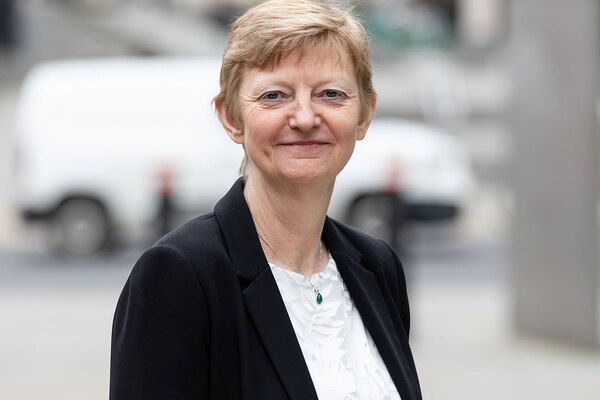
Why plans to protect fuel poverty victims amid the coronavirus crisis fall far short
At a time of crisis like this, more than ever people need to know they can cover their basic energy supplies, says Frances Sleap
In these strange and troubling times, many people are struggling to pay for power and heating.
Huge numbers are losing their main source of income. Some workers are finding themselves unable to access needed – and promised – government support.
Those lucky enough to have job security must still foot the bill for the electricity and heating that would usually be provided by workplaces.
Parents whose children are suddenly home all day need to keep them warm and healthy, and many rely on the internet to help them keep learning.
Meanwhile, older people who use community centres or libraries to keep connected and warm have lost that provision. Fuel poverty already claims more than 9,000 lives per year in the UK, and older and disabled people are particularly at risk from the virus if their homes are cold or damp.
The lack of insulation in UK homes is a crisis. And thousands have now had Grenfell-style cladding and insulation removed, and not yet replaced.
Bridgit Sam-Bailey, of Lewisham Pensioners’ Forum, points out: “People like myself who are lockdowned need to keep ourselves warm, primarily because we are not going out, and we are not as active as we would normally be.
“If our supplies are terminated, we will not only die of COVID-19, we would be frozen. If our bills are higher than the norm, then they should be frozen.”
An agreement between government and suppliers to protect those most in need promises that disconnections will be suspended during the current crisis and that customers struggling to pay can contact their supplier for help.
This is a very welcome first step, but the measures proposed fall far short.
They are not being widely advertised, so people will not know about them.
“An agreement between government and suppliers to protect those most in need is a very welcome first step, but the measures proposed fall far short”
Even suppliers’ homepages – British Gas for instance – stress that customers must only call in emergencies, rather than highlighting support available. Customer services are overstretched. People who have difficulties with English, or computers, are least likely to get the help they need.
Crucially, while two suppliers’ websites refer to their hardship fund, most assume – and some state – that any arrangement will simply postpone payment.
Eon, for example, says emergency credit levels will be significantly increased for self-isolating customers. However, it clarifies: “It is important to note that this credit will need to be paid back in order to reinstate customers’ energy supply if this emergency credit runs out.”
In our experience, many people prefer to freeze and live without hot water than rack up debt for an uncertain future.
The problem of unaffordable energy must be solved, not just pushed back, leaving people in fear and not using what they need.
Suppliers are set to make record sales of domestic fuel. The wholesale price of fuel has fallen dramatically; this will not be reflected in the new price cap on 1 April.
“In our experience, many people prefer to freeze and live without hot water than rack up debt for an uncertain future”
It should not be acceptable for people to be forced to stint on fuel.
As usual, prepayment meter users suffer most. If you cannot afford to top up, the power clicks off – meaning no light, fridge, freezer, phone charging; no heat, hot water, or cooking.
And asking a volunteer (stranger) to go to the top-up shop is not necessarily a solution. Preloaded keys and cards should be posted.
One Southwark mother who cares for a disabled daughter told us: “I am using all my food money on the prepayment meter and spending more because I am worried I won’t be able to go out again to top up, or the top-up shops might be closed.”
She, in addition, lives with a failing district heating system, that forces her to frequently resort to an expensive immersion water heater.
Fuel Poverty Action has launched a change.org petition (COVID-19: Guarantee people’s heat and power) calling on government and suppliers to make the promised support a reality. This includes calls for:
- Immediate free credit to prepayment meter users, so that they are not left in the cold or without power while negotiating with suppliers
- Guaranteeing that customers in financial distress will have bills reduced to what they can afford – and not just deferred
- Announcing a moratorium on debt repayments
- Stopping forced imposition of prepayment meters
- Prominently publicising the support on offer
- Ensuring people can access this help quickly, without showing entitlement to benefits
- Cash grants for off-grid customers who need them
Our profit-driven energy system is not set up to put people first. But now, more than ever, this is what has to be done.
Frances Sleap, director, Fuel Poverty Action
More on coronavirus
To see all our coronavirus coverage to date – including the latest news, advice to providers, comment and analysis – use the link below.
Sign up for our daily newsletter
Already have an account? Click here to manage your newsletters
